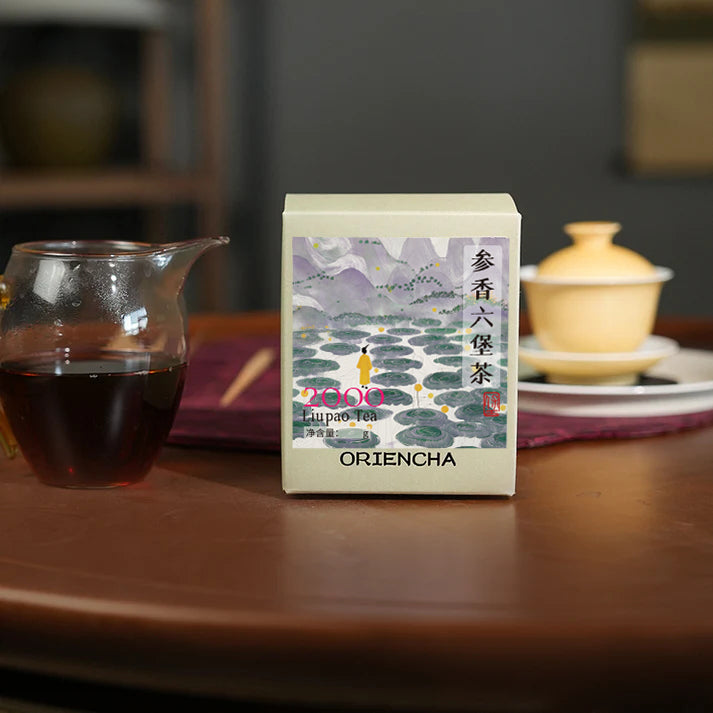Skip to product information


2000 Vintage Ginseng Aroma Liu Bao Tea
$71.00
Shipping calculated at checkout.
Weight: 3.5 oz (100 g)
Origin: Liubao Town, Guangxi
Cultivar: Guiqing
Harvest: Spring 2000
Oxidation: Oxidized
Caffeine: Low
Theanine: High
Catechin: High
Tasting Notes (5/16/2025)
Aroma: ginseng, herbal, honey, woody, milky, bean, clean and lasting
Taste: mellow, smooth, rich, viscosity, delicate, creamy, cooling sensation, sweet, glutinous
Pickup currently not available







